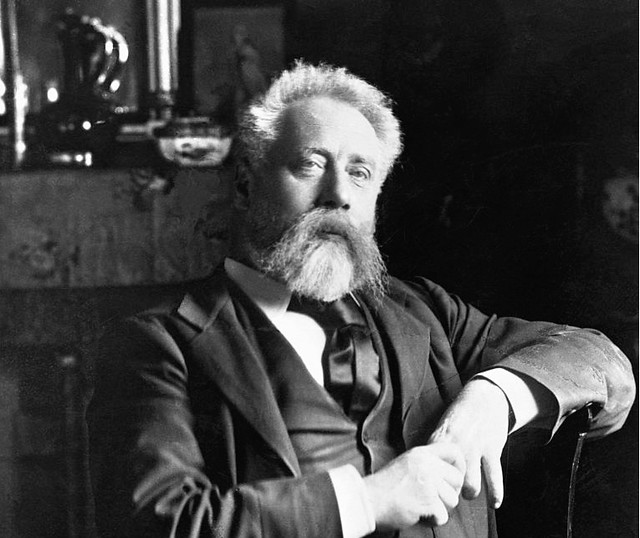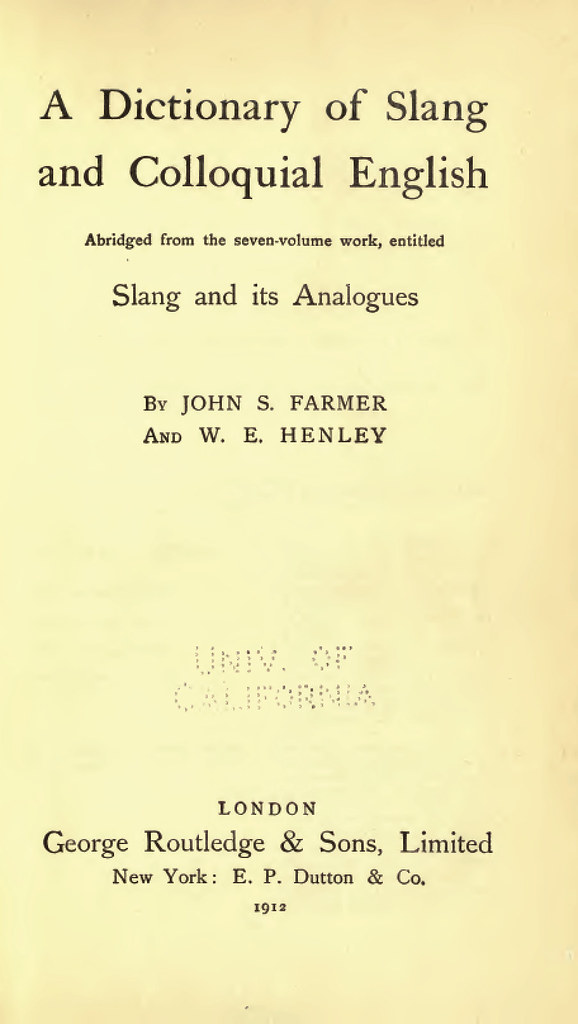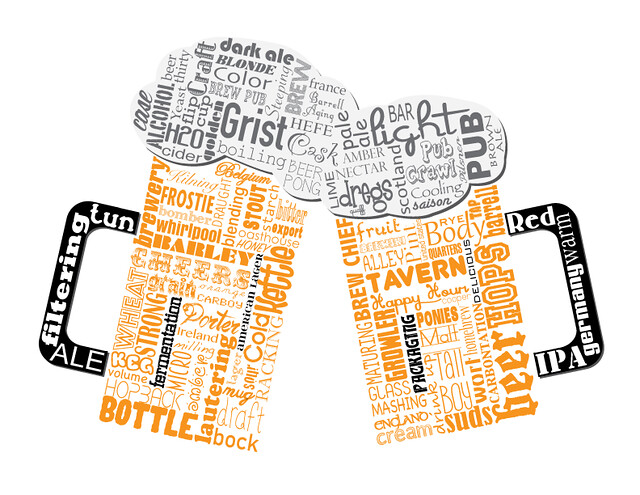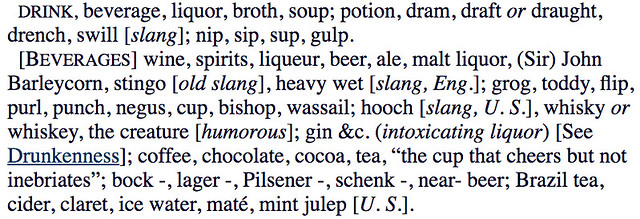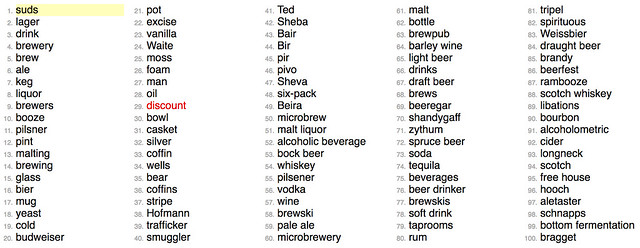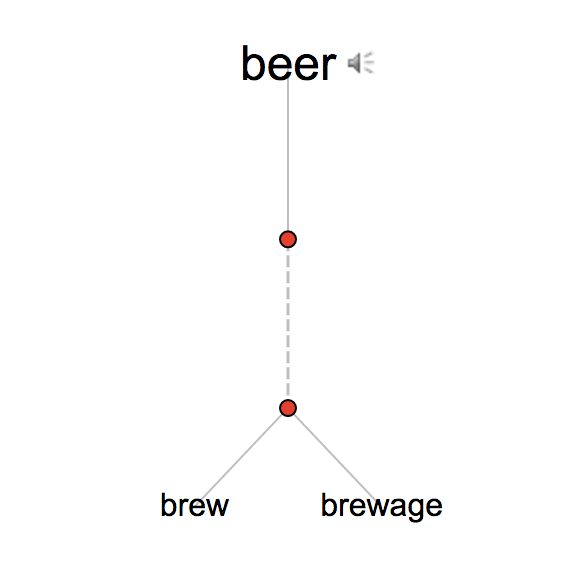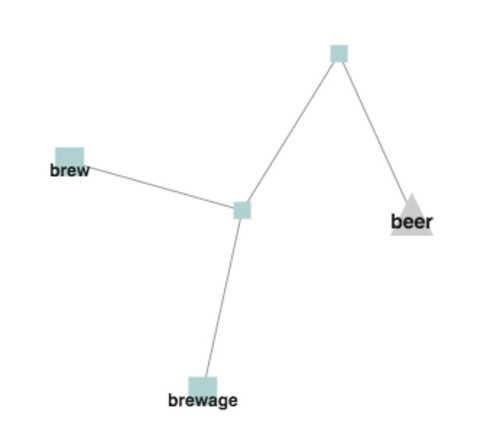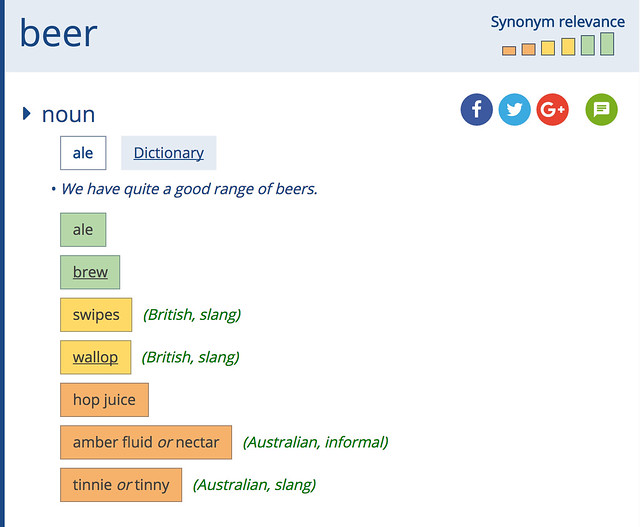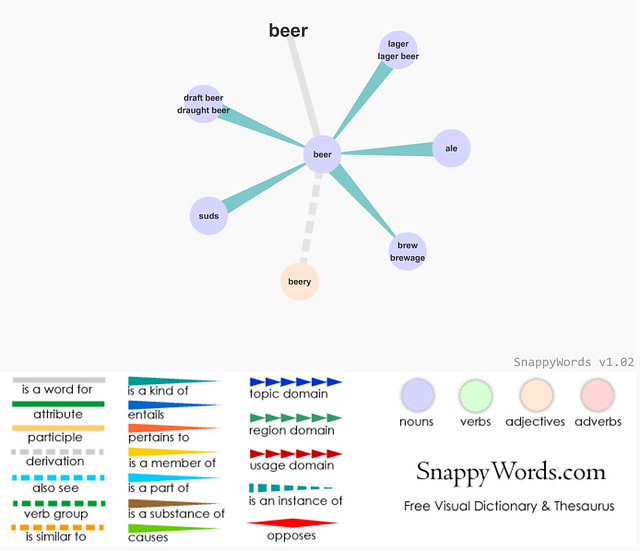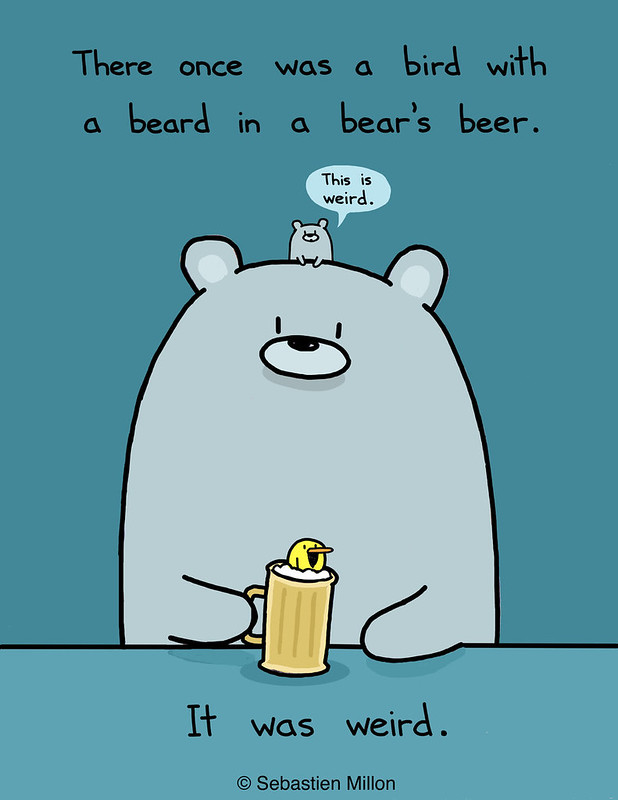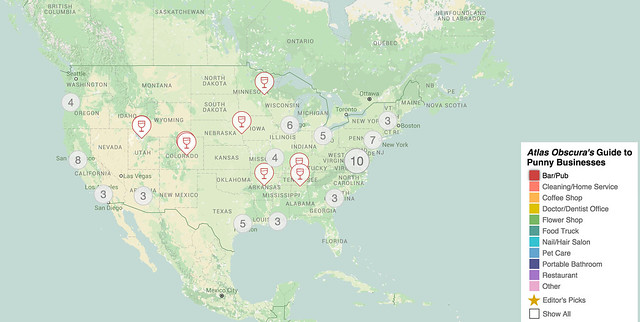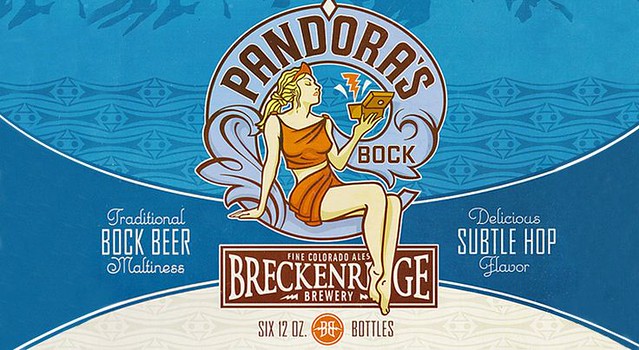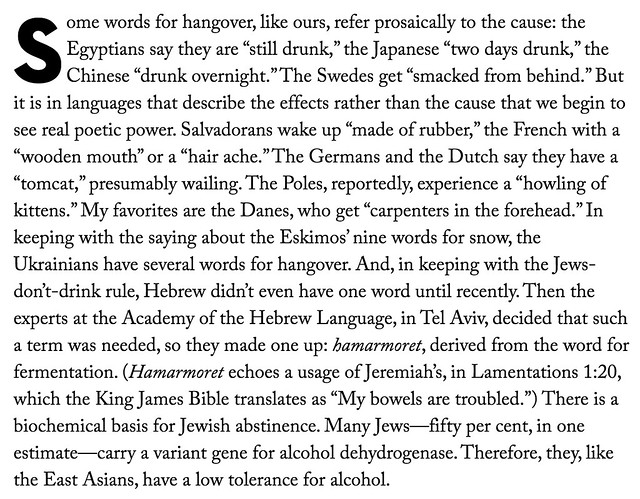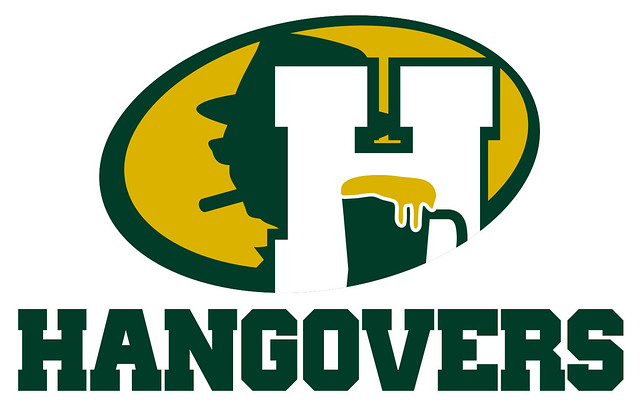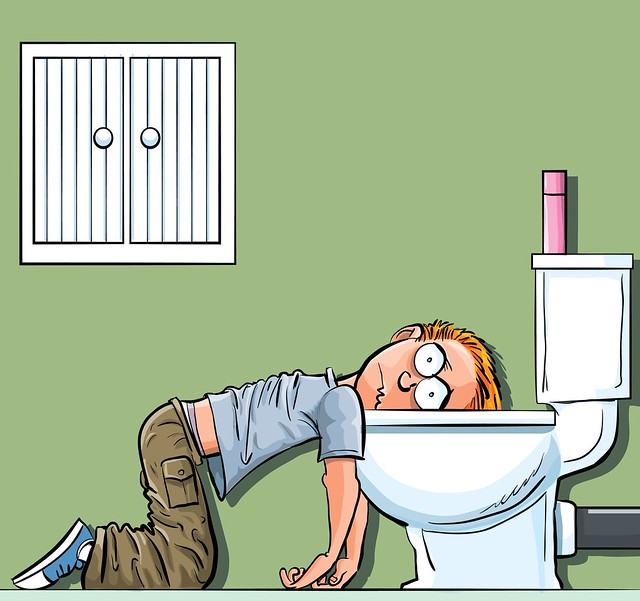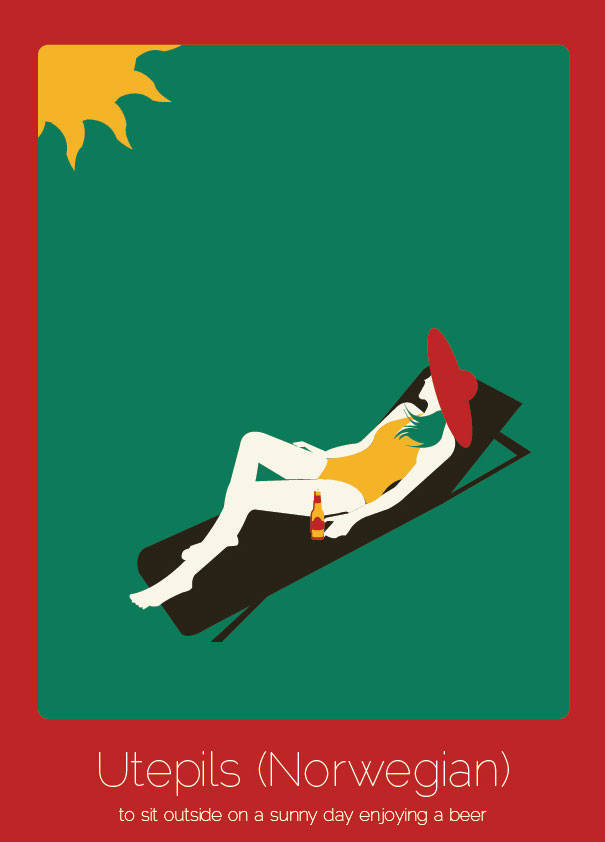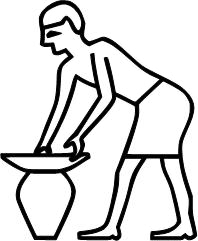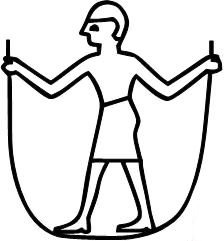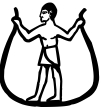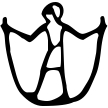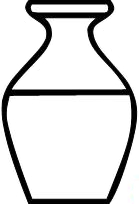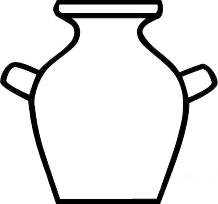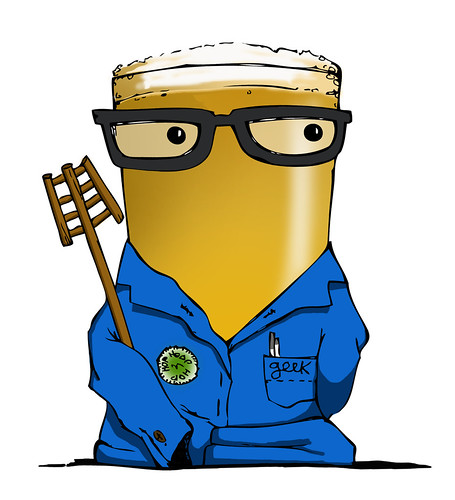
Today is the birthday of Charles Duff (April 7, 1894–October 15, 1966). He was primarily known as “an Irish author of books on language learning,” although his most famous book was “A Handbook of Hanging,” which also covered “electrocution, decapitations, gassings, innocent men executed and botched executions.” He was an interesting, eclectic person, to say the least, and a couple of years ago Gary Gillman did a nice job summarizing his quirky life in a post entitled “Charles Duff on the Circa-1950s Irish P
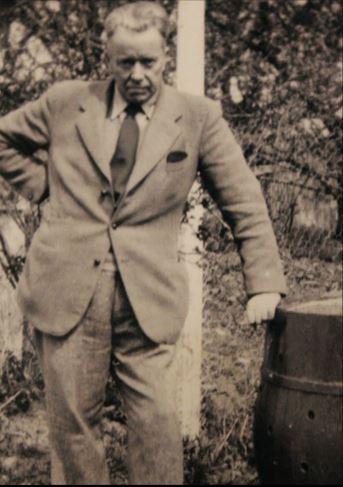
But he also wrote a few travel guides, including one called “Ireland and the Irish,” published in 1952. In it, he starts with Irish history and its folklore, in fact spending nearly 100 pages of the 282-page book, before actually suggesting what the reader should see in Ireland.

Duff also had a lot to say about beer in Ireland at the time, and it’s fascinating to see his views over 75 years later. Gillman also analyzes his writing historically and reprints some of his great writing, and you should read that, too, but I’m also sharing my favorite passages from Duff regarding the beer.
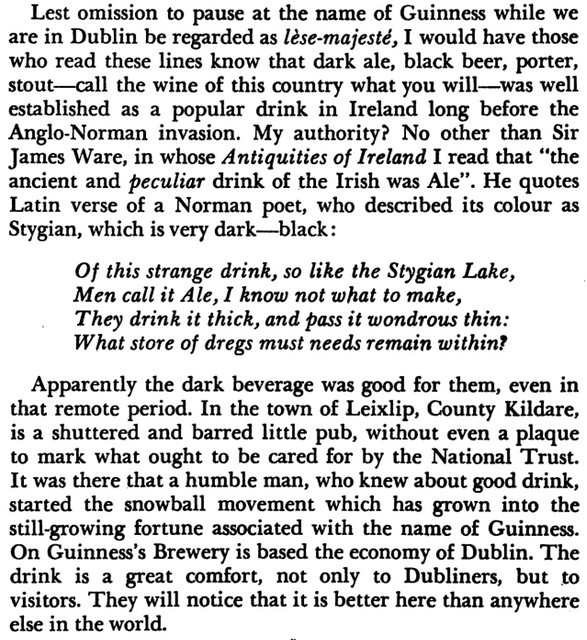
In discussing Dublin, Duff attempts to provide an image of the typical modern Dublin
The atmosphere is
cocktailish , the seats are most comfortable, the carpets soft. I did not find the drinks or service any less efficient, nor, I must say in fairness, any more efficient than in the old days when, before Dublin was really awake in the morning, a kindly and sympathetic barman diagnosed your hangover and might prescribe, as he did for me on one occasion, aseidlitz powder, telling me not to drink anything alcoholic before noon, when he recommended a dozen oysters and a bottle or two of stout “to settle the inside and get back the feelings of a Christian.” Today the atmosphere is convivial and friendly, and you will get a good drink there. But when you go out into the street you will not have the feelings we had after a session there. I think the main difference is that in the old days the drinkers in ‘Davy Byrne’s’ had a higher opinion of one another than they have now. And in the old days you sat on any sort of old chair with a pint in front of you on a very plain table and knew that there was no other pub quite like this. It is almost ill- mannered to make the comparison, and perhaps unfair to the present house which, after all, is not responsible for the age in which we live.
Another interesting insight about
It is not a bad preparation for a visit to Dublin to read James Joyce’s Dubliners, Portrait of the Artist as a Young Man, and Ulysses—in that order if you have not already read Joyce. On your second visit, or perhaps on some later occasion, you can have a try at Finnegan’s Wake, which a Dublin friend assures me is best read by moonlight as you lean over one of the Liffey bridges, and preferably while in that state of imaginative gestation to which a reasonable consumption of the wine of the country—Guinness’s Stout—is conducive. But you will not need any of this preparation to tell you that Dubliners are not always easy people to understand, and experience of Ireland can lead you to the conclusion that it is more difficult to grasp and
analyse the mentality of the Dubliner than of any other kind or class of native. For one thing, Dubliners are a more mixed breed than you will find anywhere inIreland, because Dublin has been acosmopoli- tan community longer than any other in Ireland. This ‘town of the ford of the hurdles’ had its original Picts, Celtic Irish, its Norsemen, its Normans and then its English as the principal elements in its ethnic constitution. It has also had a generous sprinkling of the adventurous; and of theadven- turers , military, political and commercial, who invariably find their way to promising territories. In Dublin you will find surnames which comedirect or are derived from those of almost every country and race in Europe; one cannot say this of any other Irish city or town.
Duff’s other travel guide was called “England and the English,” in which he followed a similar format as his Irish guidebook. This one was published a few years later, in 1955. Gillman also analyzes Duff’s English writing, too, in a two-part post entitled Charles Duff Eulogises the English Pub – Part I, which primarily provides context and background to the 1950s climate in which Duff was writing. But in Part II he tackles Duff’s take on the Eglish pub.

But I’m more interested in just sharing his stories. Like his previous work, it is filled with interesting anecdotes about like in England, with this one from
By way of final warning, I can tell of an episode I am not likely to forget. There was a shortage of beer in the last years of the Second World War when I was staying at the cottage in Devon. That did not greatly worry local people; they drank their local cider. But very often the American troops stationed in the neighbourhood suffered distress from the lack of alcohol and (I suspect, somewhat to their disgust) were driven back on cider, which they contemptuously regarded as a soft drink 1 Friendly patrons of the pub advised them to ‘take it easy’ until they got used to it. But those hearties just laughed, possibly
regarding the civilian adviser as needlessly timid; and they justwent ahead . At about the third mug the fun began then thecider started to haveeffect . Another mug or two and theballoon went up. The usual effects of strong alcohol werefelt : inthis case of an alcoholic beverage to which those strong,healthy men were quite unaccustomed. We all felt sorry for them,and for their poor headsnext day. And as, one by one they rolled off, the locals smiled and called for another mug saying: “Don’t it just show ‘ee !”My friend would often reminisce and philosophize
about cider , telling me that farm-workers used to have little barrels (he later showed me his; it held about a pint and a half)which they took with them to their work, but that the younggenera- tion know nothing of this. He thought that modern cideris better and purer than that of his youth. He had known of men who drank themselves to death on cider, but insisted that this is rare; because, he said, cider is one of those rare drinks which carries its own safety-point and, when that point has been reached depending on the drinker’s capacity and head there is no inclination to drinkany more . “How verycon- venient !” the conservative drinker will say. Theillustrious may comment: “How awful! ” There it is.
Duff discusses pubs more generally when covering the “prosperous market-town of Bishop’s Stortford (about thirty miles from London) is on the River Stort, which forms the boundary with Essex.”
It was precisely this easy-going atmosphere which I liked about Bishop’s Stortford. With it goes a great variety of friendly pubs Herts is a good county for beer some of which confront the traveller unexpectedly, and inside are found to be just the sort of typical little country pubs one reads about. You can find a pub almost anywhere in the town. There are the major houses such as the ‘George* and the ‘Chequers’, but I felt attracted by old names such as:
- The Feathers
- The Falcon
- The Anchor
- The Swan
- The Grapes
- The Reindeer
- The Boar’s Head
- The Half Moon
- The Rising Sun
- The Castle The Royal Oak
- The Bull
- The Fox
- The Bricklayers’ Arms
most of them with their colourful, interesting signs. The names I have listed do not exhaust the possibilities of Bishop’s Stortford, and merely represent what I recall easily. The little ‘Bricklayers’ Arms’ on the road to Hadham had just received a fresh coat of paint the last time I was there. I thought it
looked a very beautiful little pub from outside. Inside I was not disappointed: the beer was delicious, and Mrs. Morgan, the landlady, a great personality whom I am not likely to forget.I should like to dwell on these pubs, some of which are very old, because of their importance as an institution of considerable import in the social fabric of this country. Hertfordshire, and, indeed, all of this eastern area, can provide examples of more than ordinary interest. At St. Albans there is the ‘Fighting Cocks’, which is said to be the oldest inhabited licensed house in England. Thomas Burke mentions A.D. 795 as the date of its foundation. “The
traveller bycar who takes the Great North Road the historic highway linking London with Edinburgh will come upon many pub signs which will inevitably attract his attention and often make him stop fora closer scrutiny. A little conversation with landlords andknow- ledgeable local people will quickly show that the English public-house (as we usually call it now), with which one may include the terms ‘inn’ and ‘tavern’, embraces a vast social his- tory that can be traced back to Saxon times. For over onethou- sand years the house which provides food and drink for thetraveller and wayfarer, and acentre or dub for local people, has been a part of English life. If I have not mentioned the subject until now, it is not because other areas of England are less rich in public-houses than this eastern part, but merely that it falls in more conveniently at this stage. What I say about the pubs here can be paralleled for most parts of England and, as it is, I can deal with it only in the most summary way. Take, for example, the ‘Letchworth Hair at Letchworth, formerly a manor-house and, some may say, too much ofan hotel to be considered as a ‘typical’ pub. It is mentioned in Domesday Book. And the ‘Sun’ at Hitchin, which was used by the Parliamentarians during the Civil War (1642-1648), and, in 1745, was the place in which North Hertfordshire men enrolled for theResistence Movement that was to face the advancing army of the Pretender. Some of these old buildings are architecturally and artistically extremely interesting, externally or internally, and sometimes in both senses. As we move northwards, a slight detour takes us to Buckden and Huntingdon, both in Huntingdonshire. The first town has the ‘Lion’ with a lounge beautifully adorned by some magnificent oak beams; the second town has the ‘George’, with its long frontage and a lovely row of fifteen windows. Stilton, where one of the world’s great cheeses is made, has the ‘Bell’ dating back to the spacious days when mentravelled on horseback, more often than not in companies in order to be able to cope with the activities of such gentry as Dick Turpin. Lincolnshire has some noteworthy houses: the ‘George’ at Stamford where, in 1746, William Duke of Cumberland put up after his victory over Bonnie Prince Charlie at Culloden; and the curiously named ‘Ram Jam Inn’, a haunt of Dick Turpin and his men. AtGrantham there is another ‘George’, visited by Charles Dickens in 1838 and about which he wrote to his wife, “. . . the most comfortable inn I ever put up in”. InGrantham there is also the ancient ‘Angel and Royal’ with seven hundred years of history behind it and originally afavourite house of the Knights Templars. Kings held their courts there; the present building dates from about the middle of the i4th century. These few dips will indicate the scope of the subject, but I think I have said sufficient to show the reader that the English pub is a very old, very strong institution and in every way worthy of his attention. I have never yet entered a pub, however humble, from which I did not emerge refreshed in mind and body, and I think that a good argument could be put up in favour of the pub as the most characteristic institution of the people of England: of the men, that is, for it is only in comparatively recent years that women are frequenting licensed premises with the approval of the younger generation of men, of course, but often with the strong disapproval of old regulars. Tothese it is unbecoming to the spirit and atmosphere of their club that lively and frivolous girls the more attractive they are, the worse it is ! often in slacks or even shorts, should lower the serious tone of the establishment with their disconcerting jazzing, crooning and giggling. This little survival of Puritanism is quickly passing and in many places no longer exists. It will soon be gone. The pub will survive by adapting itself to the social environment: as it always has done in the past.
He also stresses that one should never discuss politics or religion in a pub, good advice now as then.
Again it comes back to the desire for political stability, for if there is one thing that the English have learnt by bitter experience, it is that nothing can cause greater disturbances than religion, especially when used for a political end. A man’s religion is his own affair. Hence, in conversation it is never even discussed! The unwritten law of the English pub is: No religion.



